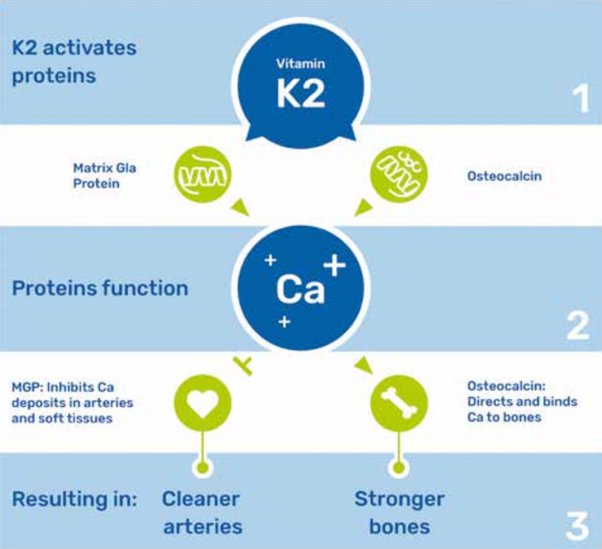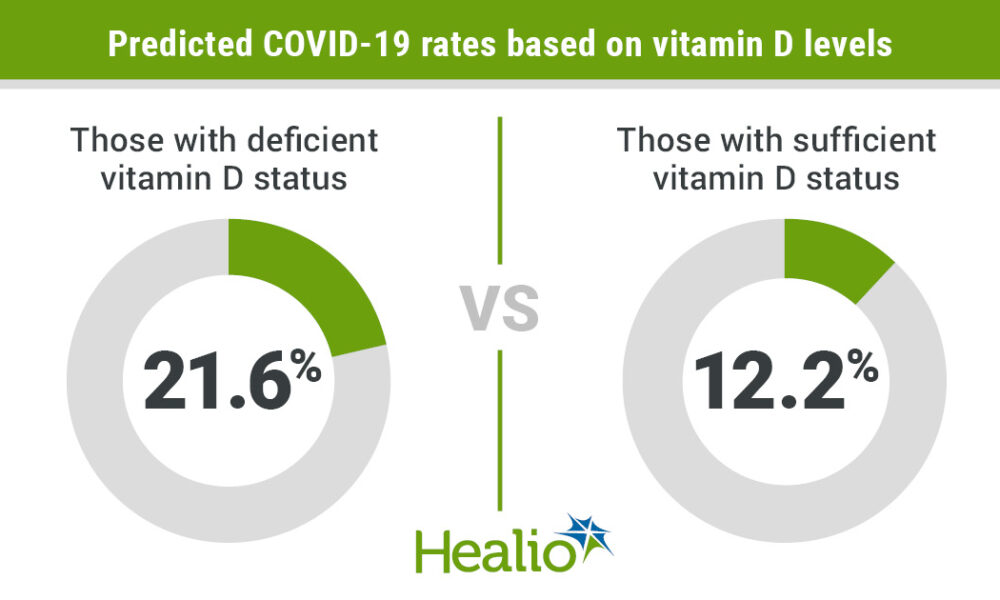- Home
- About
- Portfolio
Crush the Match – Medical School and Residency Platform
Food¢ense – Curbing Childhood Obesity and Food Waste
HealthStack – Shared and Jailed HIPAA Hosting $50
Marta Care – Let Us Help When You Can’t
MD Idea Lab – We Build Prototypes for Doctors
Nervcell – The Healthcare Web Browser
Patient Keto – Personalized Keto Medicine and Telehealth
SwipeChart – Rapid EMR Interface
Treatment Scores – Quantifying the Science of Medicine
Treatments – Diagnosed. Now What?
VIDRIO – Google Glass and EMR Interface
- Blog
- Contact
Category: Vitamin D
Unlocking the Benefits of Vitamin K2: Clearing Arterial Calcium and Achieving a CAC Score of Zero
by Stephen Fitzmeyer
Introduction: Maintaining cardiovascular health is a top priority for many individuals seeking to lead a long and vibrant life. While regular exercise, a balanced diet, and a healthy lifestyle are crucial elements, recent research has shed light on the potential benefits of vitamin K2 in promoting arterial health. In this article, we delve into the role of vitamin K2 in clearing calcium from arteries, leading to the desirable achievement of a coronary artery calcium (CAC) score of zero.
Understanding the Role of Calcium in Arteries: Calcium is an essential mineral for our body, contributing to the formation and strength of bones and teeth. However, when calcium starts accumulating in arterial walls, it can lead to the formation of plaque, narrowing the arteries and hindering blood flow. This process, known as arterial calcification, is a significant risk factor for cardiovascular diseases, including heart attacks and strokes.
Vitamin K2: A Key Player in Arterial Health: Emerging research suggests that vitamin K2 plays a crucial role in maintaining arterial health by effectively managing calcium levels in the body. Vitamin K2 activates proteins that shuttle calcium away from arteries and deposit it in bones, where it is needed. By doing so, vitamin K2 helps to prevent and even reverse arterial calcification.
Clearing Arterial Calcium with Vitamin K2: One of the most remarkable aspects of vitamin K2 is its potential to clear existing arterial calcium deposits. Studies have shown that by ensuring an adequate intake of vitamin K2, individuals with arterial calcification may experience a reduction in the severity of plaque buildup over time. This can lead to improved arterial flexibility and reduced cardiovascular risks.
Achieving a CAC Score of Zero: A coronary artery calcium (CAC) score is a measure of the amount of calcium buildup in the coronary arteries. A score of zero indicates no detectable calcium, which is considered an optimal outcome. While multiple factors contribute to achieving a CAC score of zero, including lifestyle choices and genetics, incorporating vitamin K2 into your routine may play a significant role in promoting arterial health and minimizing calcium deposits.
How to Incorporate Vitamin K2 into Your Routine: To maximize the potential benefits of vitamin K2, it is important to ensure an adequate intake of this nutrient. Vitamin K2 can be found in certain foods, including fermented dairy products, organ meats, and certain cheeses. However, for those who may have limited access to these sources or have dietary restrictions, vitamin K2 supplements are widely available and offer a convenient way to meet the recommended daily intake.
Consult with a Healthcare Professional: As with any dietary change or supplement regimen, it is important to consult with a healthcare professional before incorporating vitamin K2 into your routine. They can assess your individual health needs, provide guidance on appropriate dosages, and help monitor the progress of arterial health through regular check-ups and assessments.
Conclusion: Achieving optimal arterial health and aiming for a CAC score of zero is a significant goal for cardiovascular well-being. While there are multiple factors at play, emerging research highlights the potential of vitamin K2 in promoting arterial health and clearing arterial calcium. By incorporating vitamin K2 into your routine and consulting with a healthcare professional, you can take proactive steps towards supporting your cardiovascular health and enjoying a life free from the burden of arterial calcification.
Author: Stephen Fitzmeyer, M.D.
Physician Informaticist
Founder of Patient Keto
Founder of Warp Core Health
Founder of Jax Code Academy, jaxcode.com
Connect with Dr. Stephen Fitzmeyer:
Twitter: @PatientKeto
LinkedIn: linkedin.com/in/sfitzmeyer/


